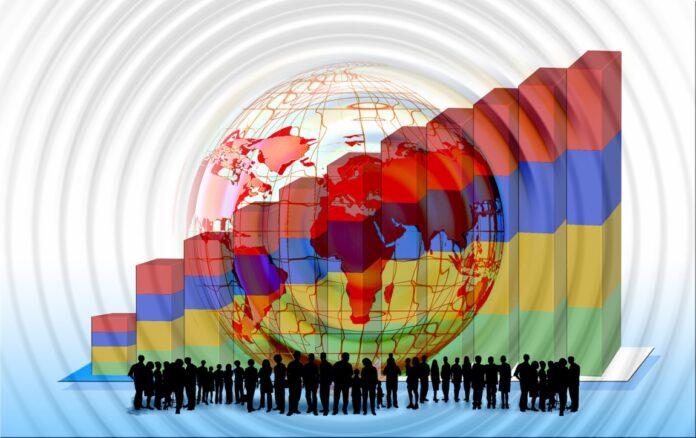On November 15, the United Nations is going to be marking Day of Eight Billion. This is because the world’s population is projected to reach eight billion on November 15.
The United Nations secretary-general Antonio Guterres said: “The milestone is an occasion to celebrate diversity and advancements while considering humanity’s shared responsibility for the planet.”
This growth of eight billion people is considered to be a milestone in human development. The growth has been attributed to an increase in human lifespan due to improvements in public health, nutrition, personal hygiene and medicine. It is also the result of high and persistent levels of fertility in some countries.
According to the statistics, it took the global population 12 years to grow from seven billion to eight billion people. However, it is projected that for growth for the world to reach nine billion it will take 15 years – until 2037. This is a projected sign that the overall growth rate of the global population is slowing.
All of these projections and statistics were included in the United Nations World Population Prospects 2022. In the report, the key message was that “the world’s population is projected to reach 8 billion on 15 November 2022”. The report also said that in 2020, the global population growth rate fell under one per cent per year for the first time since 1950. The world’s population is projected to reach a peak of around 10.4 billion people during the 2080s and to remain at that level until 2100.
The United Nations Population Fund (UNFPA) said “It’s a milestone we can celebrate, and an occasion to reflect: How can we create a world in which all 8 billion of us can thrive?” In a statement released by the UN organisational body, the UNFPA said it is a growth to humanity’s achievements with advancements in health and access to education. However, they say that a more nuanced picture shows that there are many stark disparities with “unequal access to health care, opportunities and resources, and unequal burdens of violence, conflict, poverty and ill health”.
It’s projected that more than half of the projected increase in global population up to 2050 will be concentrated in just eight countries. Those countries are the Democratic Republic of the Congo, Egypt, Ethiopia, India, Nigeria, Pakistan, the Philippines and the United Republic of Tanzania.
Even as the world marks this milestone, the UNFPA said there are serious challenges faced by the global community. These include the mounting impacts of climate change, ongoing conflicts and forced displacement.









